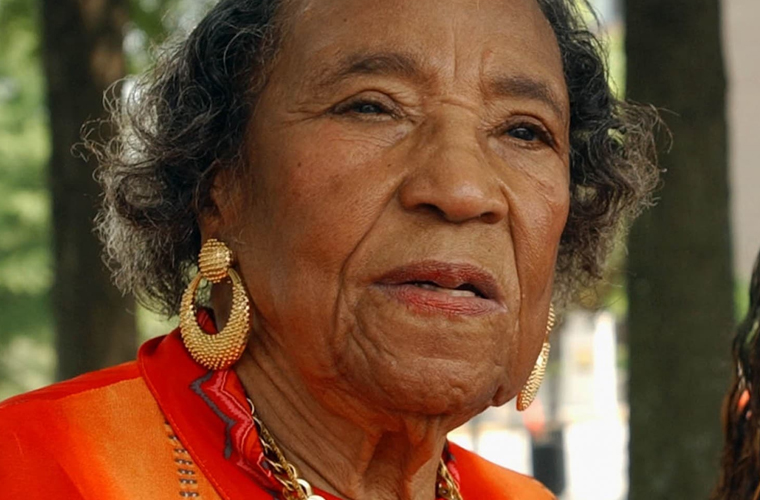Amelia Boynton, born Amelia Platts, was a prominent figure in the American civil rights movement. She was born on August 18, 1911, in Savannah, Georgia, and dedicated her life to advocating for voting rights and racial equality. Boynton played a crucial role in organizing the 1965 Selma to Montgomery marches, which were pivotal in the fight for African American voting rights.
Boynton’s activism began in the 1930s when she became involved in voter registration efforts and civil rights advocacy. She co-founded the Dallas County Voters League in Alabama, working tirelessly to mobilize African American voters and challenge discriminatory voting practices. Boynton’s commitment to civil rights often put her in danger, as she faced violent opposition from segregationists and white supremacists.
In 1964, Boynton became the first African American woman to run for Congress in Alabama, although she did not win the election. The following year, she played a key role in organizing the historic Selma to Montgomery marches, also known as “Bloody Sunday” and “Turnaround Tuesday.” These marches drew national attention to the brutal suppression of African American voting rights and ultimately led to the passage of the Voting Rights Act of 1965.












Boynton’s tireless efforts and unwavering determination made her a respected leader in the civil rights movement. Her courage and resilience inspired countless individuals to join the fight for equality and justice. Boynton’s legacy continues to be celebrated, and her contributions to the advancement of civil rights remain an integral part of American history.
In recognition of her significant contributions, Boynton received numerous awards and honors, including the Martin Luther King Jr. Medal of Freedom. She continued to be an active advocate for civil rights throughout her life, participating in various initiatives aimed at promoting social justice and equality.
Amelia Boynton’s impact on American history is profound, and her legacy serves as a reminder of the power of grassroots activism and the importance of standing up against injustice. Her dedication to the cause of civil rights has left an indelible mark on the ongoing struggle for equality and serves as an inspiration for future generations of activists and advocates.

